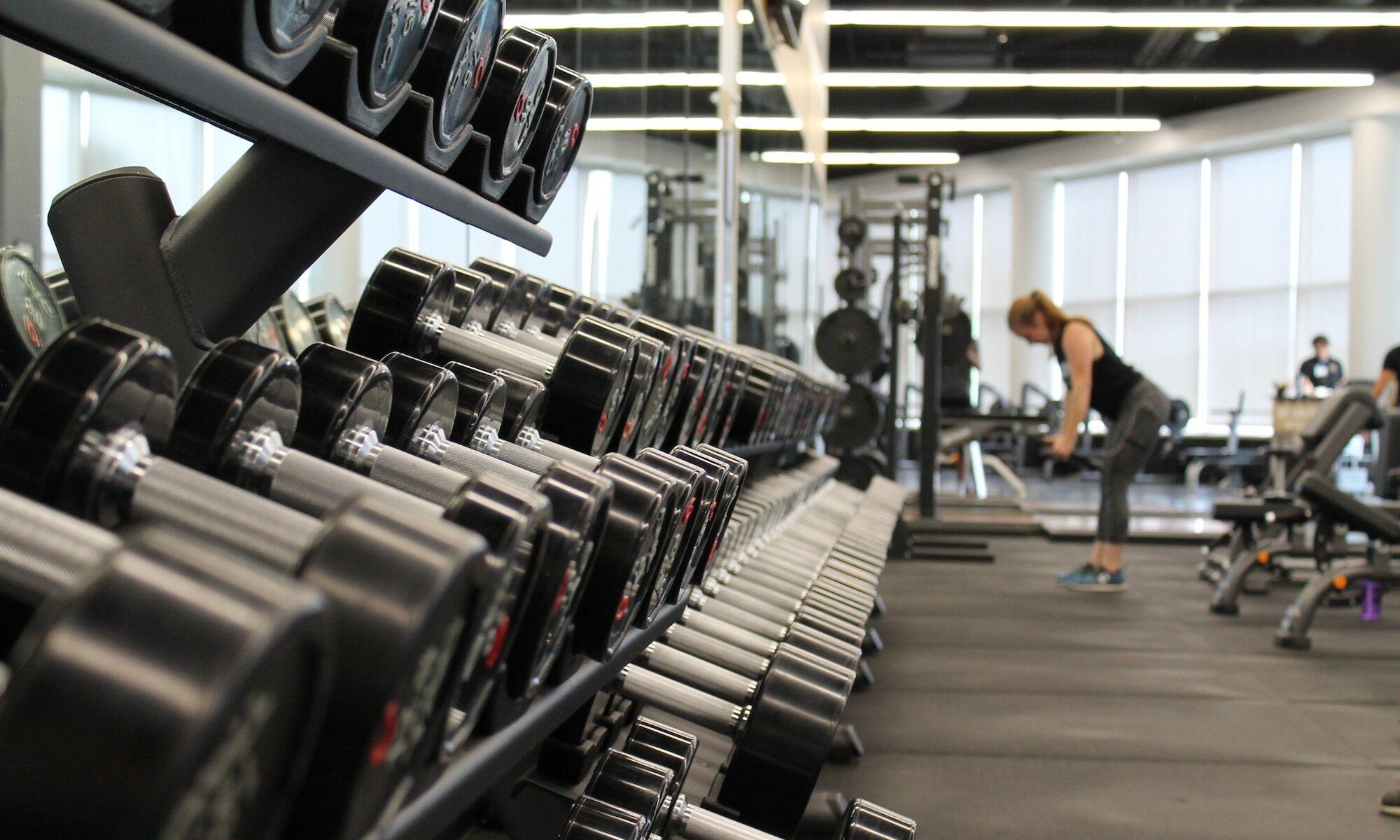Discover the significant mental health benefits of regular exercise. Boost your mood, reduce stress, and improve overall well-being with physical activity.
Welcome to an article that explores the significant mental health benefits of regular exercise. Not only does physical activity improve your physical health, but it also plays a crucial role in enhancing your mental well-being. By incorporating regular exercise into your routine, you can experience a boost in mood, reduced stress and anxiety, improved self-esteem, and better sleep patterns. Join us as we delve into the connection between exercise and mental health, and discover how working out can positively impact your overall wellness. Have you ever experienced feeling down, stressed, or anxious? Did you know that regular exercise can help improve your mental health and overall well-being? In this article, we will explore the numerous mental health benefits of incorporating exercise into your daily routine. So grab your workout gear and let’s dive into how working out can boost your mood.
Exercise and Mental Health
Exercise has long been recognized for its physical health benefits, such as weight management, improved cardiovascular health, and increased strength. However, the mental health benefits of regular exercise are equally as important and often overlooked. When you engage in physical activity, your body releases chemicals called endorphins, which are known to reduce pain perception and trigger positive feelings. This release of endorphins during exercise is often referred to as a “runner’s high” due to the euphoric sensation it produces. Regular exercise can also increase levels of serotonin, a neurotransmitter linked to feelings of happiness and well-being.
Feeling Down or Stressed?
If you find yourself feeling down or stressed, getting active can help alleviate those negative emotions. Exercise has been shown to reduce symptoms of depression and anxiety by increasing the production of neurochemicals that improve mood and reduce stress. Physical activity also helps distract from the stressors in your life, allowing you to focus on the present moment and clear your mind. Whether you choose to go for a run, take a yoga class, or lift weights at the gym, engaging in exercise can provide a much-needed mental boost.
Boosting Your Mood
Have you ever noticed that after a workout, you feel more energized and in a better mood? This is due to the release of endorphins during exercise, which create a natural high and promote feelings of happiness and well-being. Regular exercise can help combat feelings of fatigue, improve sleep quality, and increase overall energy levels. By incorporating physical activity into your routine, you can experience a natural mood boost that lasts long after your workout is over.
The Impact of Exercise on Mental Health
The benefits of regular exercise on mental health are significant and encompass a wide range of positive outcomes. From reducing symptoms of depression and anxiety to boosting self-esteem and cognitive function, physical activity plays a crucial role in promoting overall well-being. Let’s take a closer look at how exercise can positively impact various aspects of mental health.
Reducing Symptoms of Depression and Anxiety
Depression and anxiety are among the most common mental health disorders worldwide, affecting millions of individuals each year. Studies have shown that exercise can be an effective tool in reducing symptoms of depression and anxiety. Physical activity triggers the release of endorphins, which act as natural mood elevators and promote feelings of well-being. Regular exercise can also help improve sleep quality, reduce stress, and increase self-esteem – all of which play a role in managing symptoms of depression and anxiety.
Improving Self-Esteem and Body Image
Regular exercise is not only beneficial for your physical health but can also have a positive impact on your self-esteem and body image. Engaging in physical activity can help you feel stronger, more confident, and proud of your accomplishments. Whether you set a new personal record at the gym, complete a challenging workout, or notice improvements in your physical appearance, exercise can boost your self-esteem and improve your body image. By focusing on what your body can do, rather than how it looks, you can develop a more positive relationship with yourself and your body.
Enhancing Cognitive Function
Did you know that exercise can also benefit your brain health and cognitive function? Physical activity has been shown to improve memory, focus, and concentration, making it a valuable tool for maintaining brain health as you age. Regular exercise can increase blood flow to the brain, stimulate the growth of new brain cells, and enhance connectivity between brain regions. Whether you’re engaging in aerobic exercise, strength training, or yoga, all forms of physical activity can help sharpen your mental acuity and keep your brain healthy.
Managing Stress and Improving Sleep
Stress and sleep are closely interrelated aspects of mental health that can be impacted by regular exercise. Physical activity is a natural stress reliever, as it helps lower levels of cortisol, the stress hormone, and promotes relaxation. By engaging in exercise, you can release pent-up tension, clear your mind, and improve your ability to cope with stressors in your life. Additionally, regular exercise has been shown to improve sleep quality by regulating sleep patterns, promoting relaxation, and reducing symptoms of insomnia. By establishing a consistent exercise routine, you can manage stress more effectively and enjoy better sleep.
Tips for Incorporating Exercise Into Your Routine
Now that you understand the mental health benefits of regular exercise, you may be wondering how to incorporate physical activity into your daily routine. It’s important to find activities that you enjoy and that fit your lifestyle, as this will increase your chances of sticking with your exercise regimen. Here are some tips for incorporating exercise into your routine and reaping the mental health benefits.
Find Activities You Enjoy
The key to sticking with an exercise routine is to find activities that you enjoy and that bring you satisfaction. Whether it’s going for a walk in nature, dancing to your favorite music, or playing a team sport, choose activities that make you happy and that you look forward to. By finding activities that you enjoy, you’ll be more likely to stay motivated and continue exercising regularly.
Set Realistic Goals
When incorporating exercise into your routine, it’s important to set realistic goals and establish a plan that works for you. Start with small, achievable goals that you can build upon over time. Whether it’s walking for 30 minutes a day, taking a yoga class once a week, or strength training twice a week, setting realistic goals will help you stay on track and measure your progress. Remember to be patient with yourself and celebrate your accomplishments along the way.
Create a Schedule
To make exercise a consistent part of your routine, create a schedule that outlines when and where you will work out. Whether you prefer to exercise in the morning, during your lunch break, or in the evening, find a time that works best for you and stick to it. By creating a consistent schedule, you’ll establish a routine that becomes a natural part of your day and provides you with structure and accountability.
Stay Motivated
Staying motivated to exercise can be challenging, especially when life gets busy or obstacles arise. To stay motivated, remind yourself of the mental health benefits of exercise and how good you feel after a workout. Surround yourself with supportive friends or family members who can encourage you, join a group fitness class, or hire a personal trainer to help keep you accountable. By staying motivated and focused on your goals, you’ll be more likely to stick with your exercise routine and reap the mental health benefits.
Mix It Up
To prevent boredom and maintain motivation, try mixing up your exercise routine with different activities and workouts. Whether it’s cycling, swimming, running, or strength training, incorporating variety into your routine can keep things interesting and challenge your body in new ways. Mix up your routine by trying new classes, exploring different fitness trends, or taking your workout outdoors to keep things fresh and exciting.
Conclusion
In conclusion, regular exercise is not only beneficial for your physical health but also plays a crucial role in improving your mental health and overall well-being. From reducing symptoms of depression and anxiety to boosting your mood, self-esteem, and cognitive function, physical activity offers numerous mental health benefits that can have a profound impact on your quality of life. By incorporating exercise into your routine, setting realistic goals, and staying motivated, you can experience the mental health benefits of working out and enjoy a happier, healthier life. So lace up your sneakers, grab your workout gear, and start reaping the mental health benefits of regular exercise today. Your mind and body will thank you.


